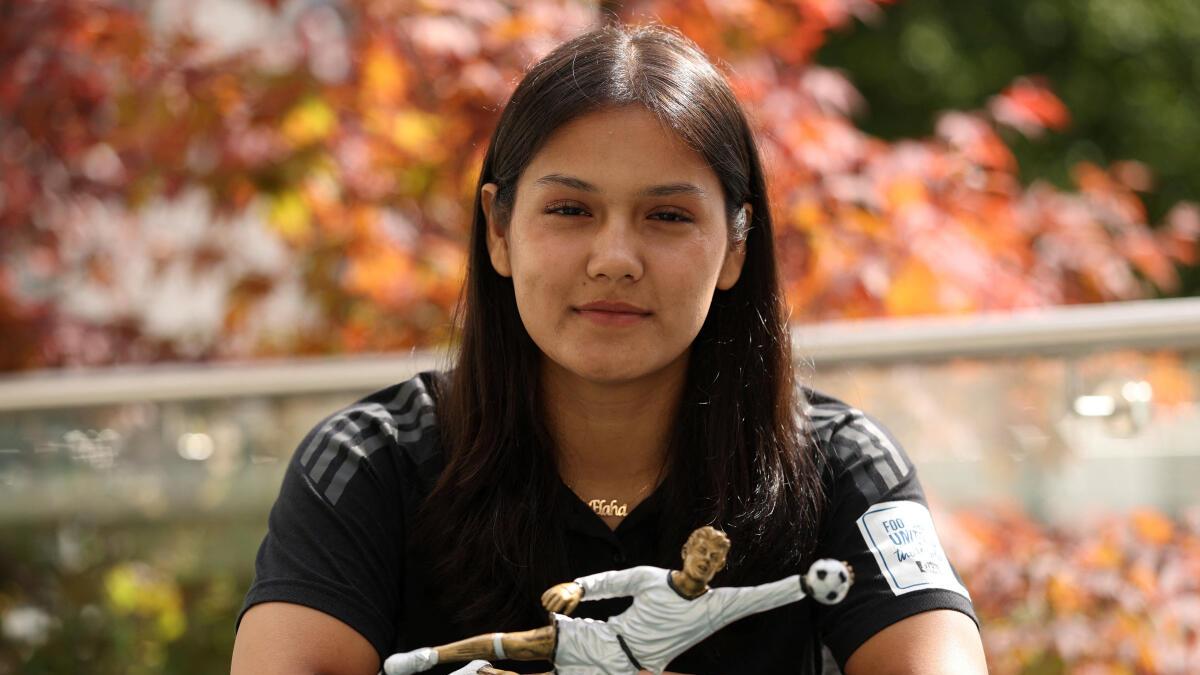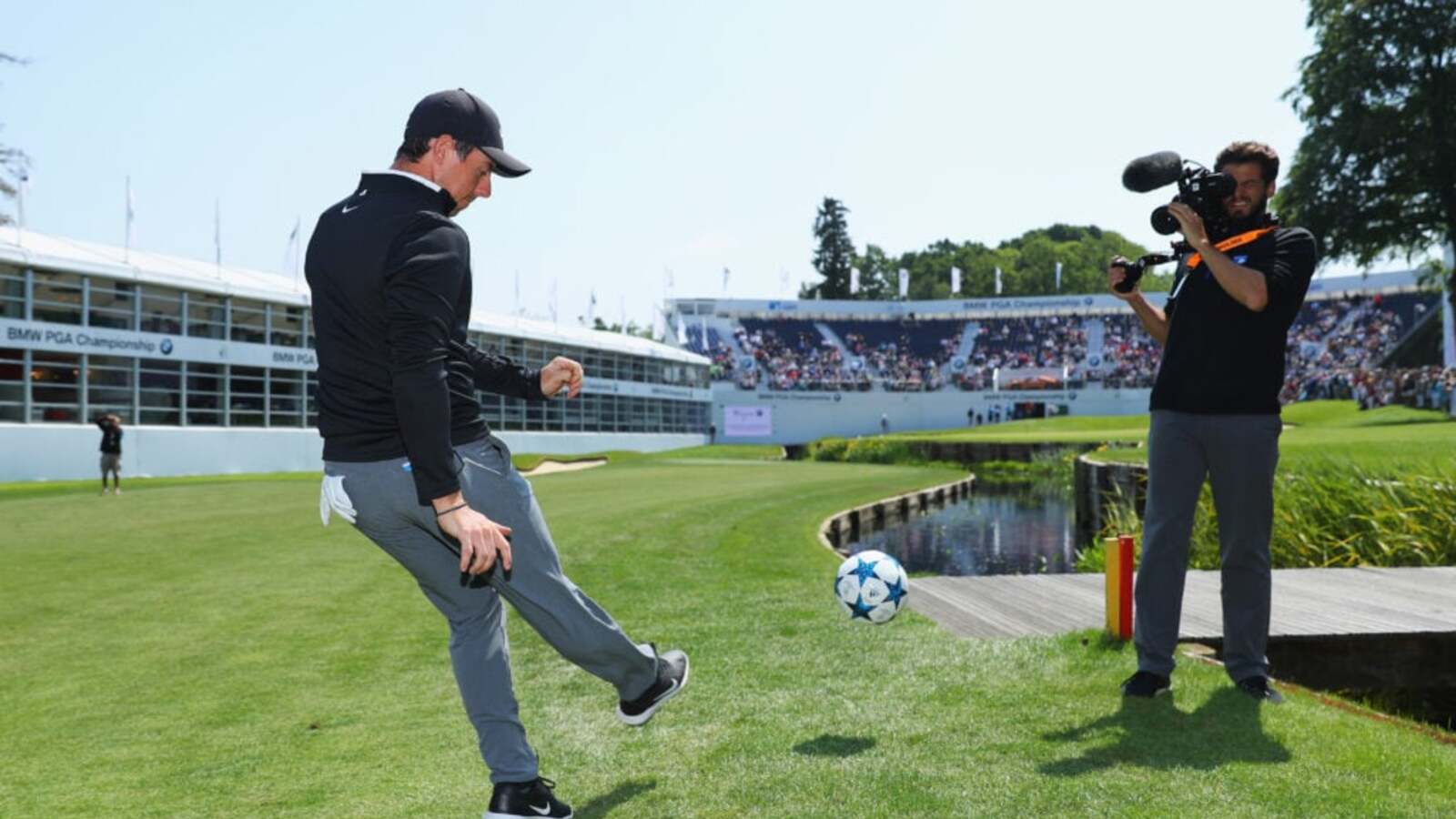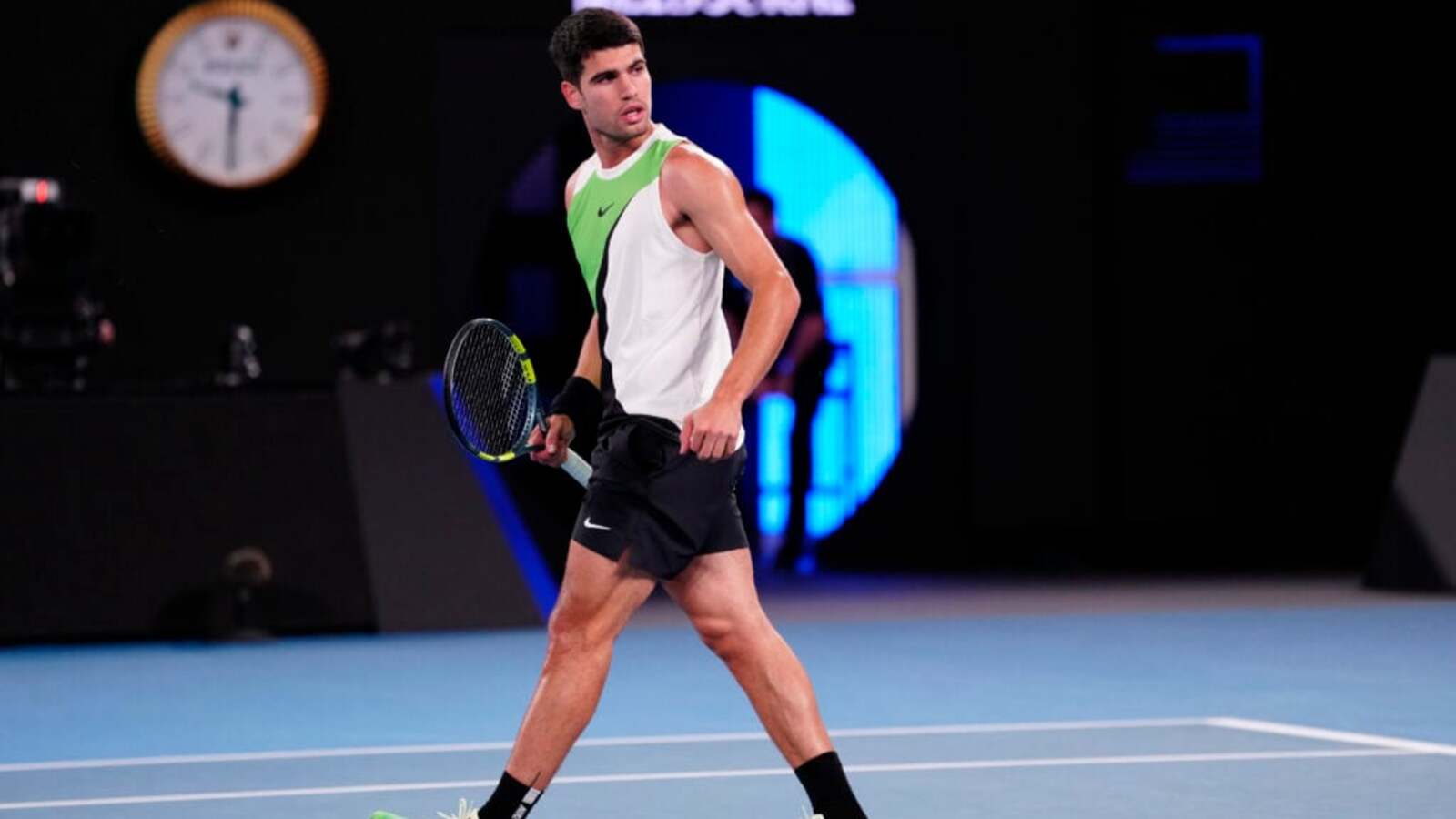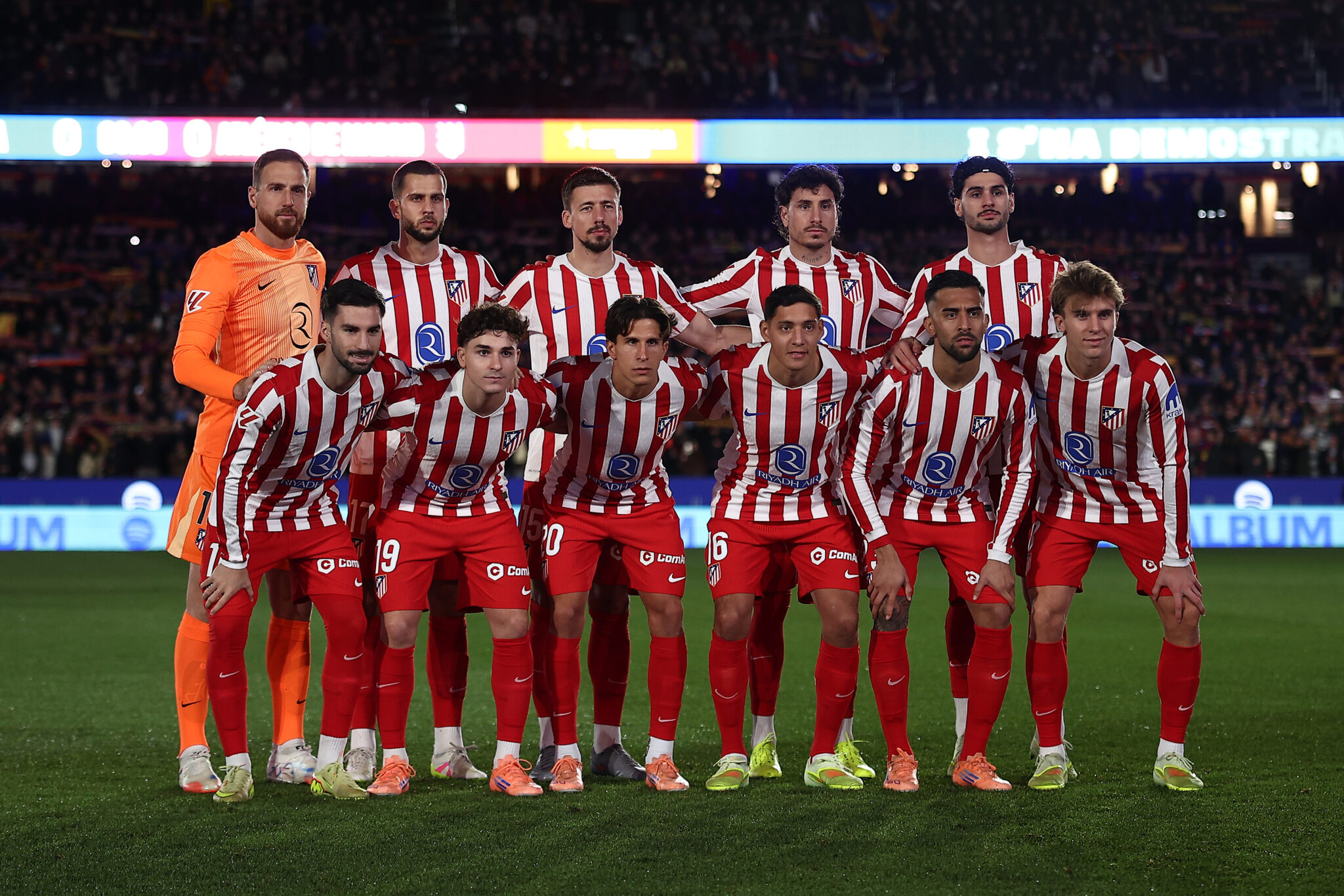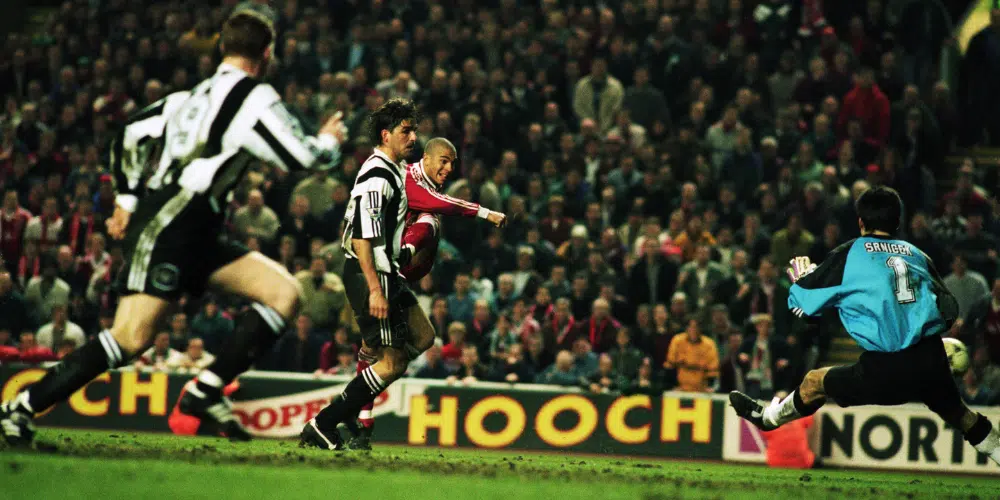Elaha Safdari, at 17, received her first call-up as a goalkeeper for Afghanistan’s women’s football team, but she fled Kabul during the Taliban takeover in 2021.
She was told to destroy her kit and trophies, and to delete her social media accounts to avoid any risks associated with her football career.
“It might put you at high risk with the Taliban, as women cannot play football in Afghanistan,” Safdari told Reuters, holding back tears.
Four years later, laughter and the sound of footballs filled a pitch at St. George’s Park in England, where FIFA hosted an ID camp for an Afghan refugee team.
Elaha Safdari of the Afghan Women’s Refugee team during a selection camp at St. George’s Park, Burton upon Trent.
| Photo Credit:
REUTERS
Elaha Safdari of the Afghan Women’s Refugee team during a selection camp at St. George’s Park, Burton upon Trent.
| Photo Credit:
REUTERS
Safdari described the week as “emotional, full of love and joy.”
This camp allowed players to reconnect, sharing a passion for football and a shared history of struggle and resilience.
“We aim to use football to represent the girls in Afghanistan. We will not forget them,” stated defender Najma Arefi, who was 18 when she left Kabul.
“A dog on the street has more rights than a woman in Afghanistan. It’s emotional to think about friends and family still there who have lost their dreams. We want to show that we still exist, that we will continue to speak for them. We are not afraid.”

Elaha Safdari of the Afghan Women’s Refugee team makes a save during a selection camp at St. George’s Park.
| Photo Credit:
REUTERS
Elaha Safdari of the Afghan Women’s Refugee team makes a save during a selection camp at St. George’s Park.
| Photo Credit:
REUTERS
The global ID camp, led by coach Pauline Hamill, was part of FIFA’s effort to create a 23-player squad for future matches.
FIFA President Gianni Infantino called this initiative an “important step in the right direction,” but Safdari emphasized that Afghan women will continue to fight for full international recognition.
“I was close to my dream, and the Taliban took it away,” Safdari said. “FIFA’s efforts are wonderful, but our goal is bigger. We want FIFA to recognize us and to allow us to play internationally, representing our country in exile.”
WOMEN’S SPORTS
Unlike the men’s team, which still competes under the national banner, the Taliban-controlled Afghan Football Federation has prohibited women’s sports.
While Safdari and Arefi found safety in Doncaster, England, their new life was filled with challenges, including isolation and language barriers, as they had no English skills upon arrival.
“It was a tough journey,” Safdari explained, living with siblings while her parents remain in Afghanistan.
“Being a refugee in England wasn’t easy. I didn’t know the language, it was a new society, and I felt alone. But slowly, football gave me the strength to rebuild.”

Najma Arefi of the Afghan Women’s Refugee team stretches during a selection camp at St. George’s Park.
| Photo Credit:
REUTERS
Najma Arefi of the Afghan Women’s Refugee team stretches during a selection camp at St. George’s Park.
| Photo Credit:
REUTERS
Arefi, who aspires to become a human rights lawyer, noted that football has always been a source of comfort for her.
“It was a way to escape from our struggles,” Arefi shared, recalling winning a national championship in 2021 with Herat City. “On the pitch, we felt passion, joy, and freedom.”
Safdari held onto a goalkeeping trophy and an Afghan shirt, which her parents managed to send her.
“When I see this jersey, I remind myself that I play for all the women and girls who have been silenced,” she said.
“Every time I wear my boots, I play for those who cannot even walk outside—basic human rights.”

Head coach of the Afghan Women’s Refugee team, Pauline Hamill, poses for a photograph.
| Photo Credit:
REUTERS
Head coach of the Afghan Women’s Refugee team, Pauline Hamill, poses for a photograph.
| Photo Credit:
REUTERS
Hamill expressed her excitement about coaching the team.
“When the chance to make a difference arises, you must seize it,” said the former Scotland international.
“Understanding what the players have experienced makes you want to support them and ensure they have a great football experience. They really come alive on the pitch; it’s their happy place.”
Published on Aug 30, 2025
Add Footem.in As your Preferred Source on Google
Follow the latest on Footem WhatsApp Channel
